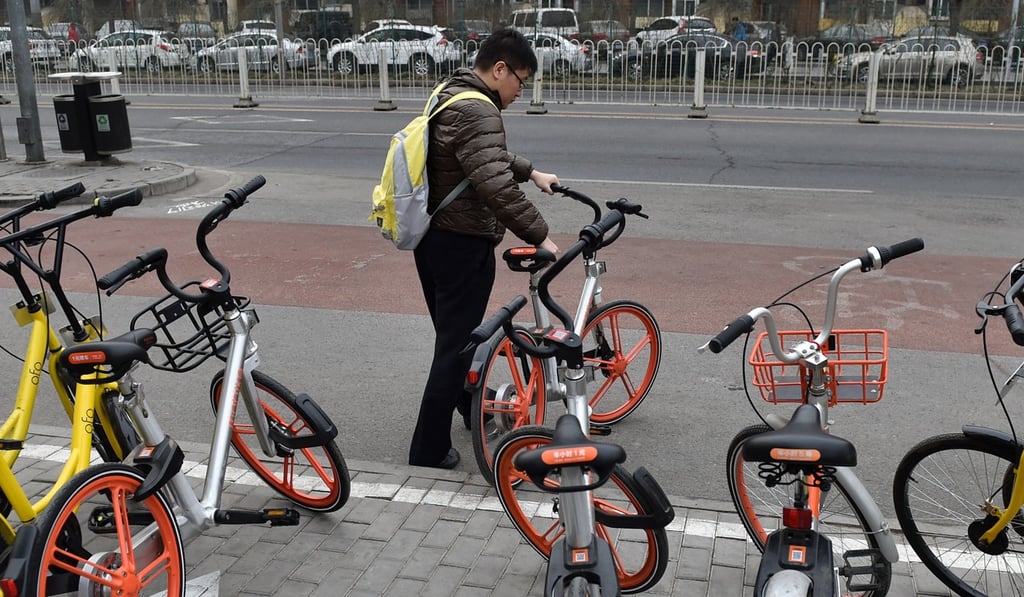Here’s how Wukong became the first bike-sharer to close in China
Analysts have warned that more small players could close shop in the coming months

Entrepreneur Lei Houyi would be remembered not for his overnight success in China’s Internet-enabled industry, but his short journey to failure.
Wukong Bicycle (悟空), Lei’s five-month old startup, last week was the first among China’s more than 30 smartphone-based bicycle sharing apps to close shop, earning the dubious honour as a rare casualty in one of the hottest industries that’s drawing in multiple billions of dollars of funding from investors.


The company is among hundreds of sharing apps that sprouted around China in the past year, offering smartphone users the ability to share everything from car rides to bicycles, to umbrellas, and even basketballs, for a fee.
Out of all these, the sharing of transportation was the hottest segment, more than doubling their investments to 203.8 billion yuan (US$29.8 billion) last year. Ofo, the yellow bicycles available in more than 100 Chinese cities, gets more than 20 million orders everyday, last year becoming the first bike-sharer to be valued at more than US$1 billion.